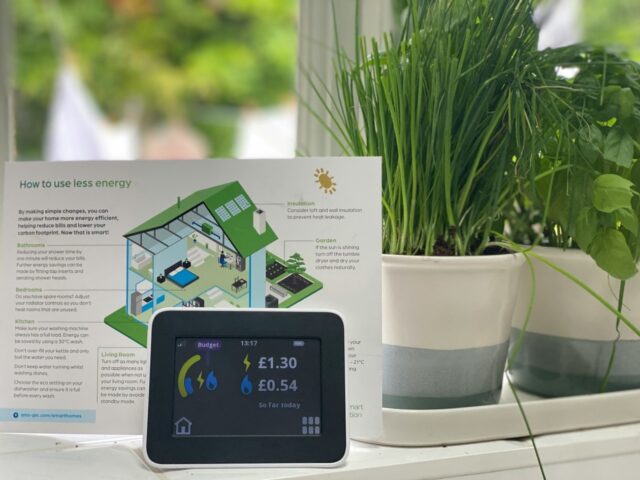The low energy price resilience (LENRES) measure shows that households with adults who are unemployed, retired, struggling to save, or currently on energy prepayment methods are correlated with low energy resilience, and the numbers of these households are increasing over time.
Apostolos Davillas from the University of Macedonia said: “Nearly a third of households are unable to manage high energy prices, an increase from one quarter before the energy price crisis – and, due to the stress of high energy bills, LENRES is also linked to worse health, disability, and wellbeing outcomes.”
The researchers say LENRES will help policymakers target interventions and support for those struggling to keep their homes warm and in debt to their energy suppliers
Co-author Andrew Burlinson from the University of Sheffield said: “Our study puts forward a definition and a quantifiable measure of low energy price resilience that can be used to inform policy making aimed at preventing the worst economic, health and wellbeing consequences of high and prolonged energy price events on households in the UK.”
Full story from the University of Sheffield
HousingFamily and householdsIncome and expenditurePolitics and social attitudes



